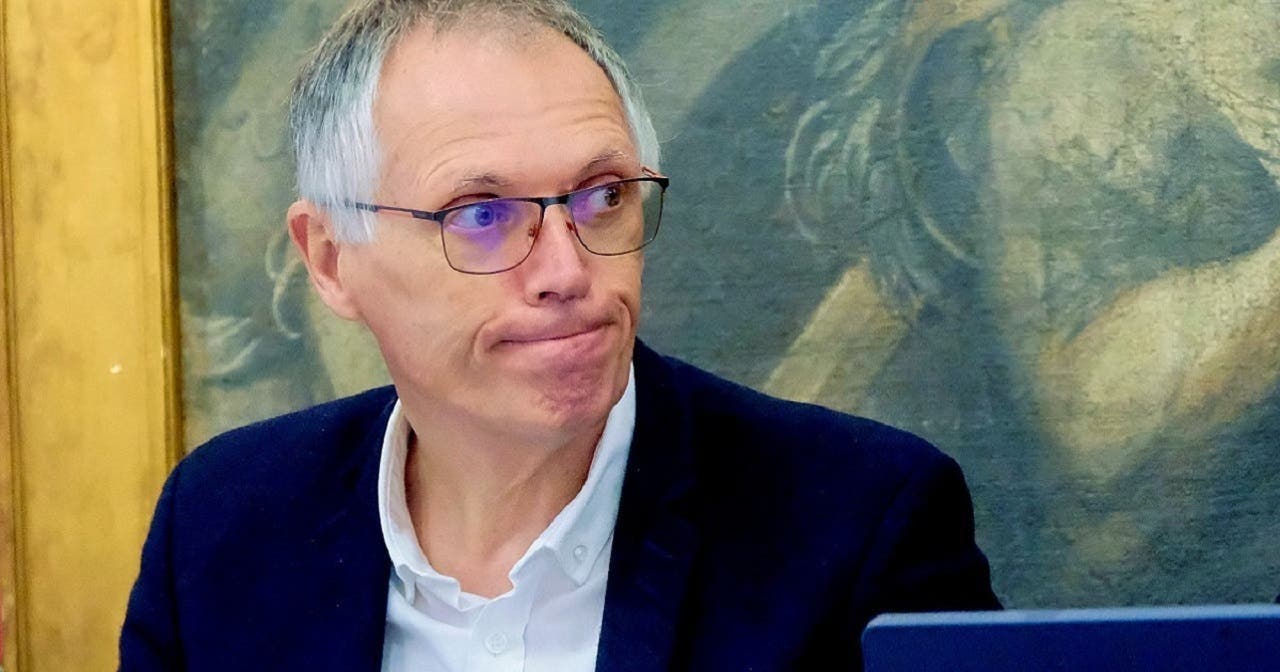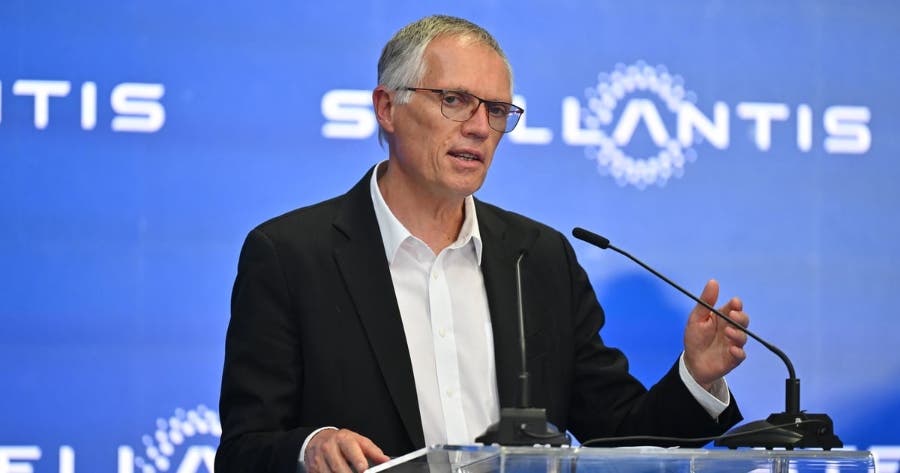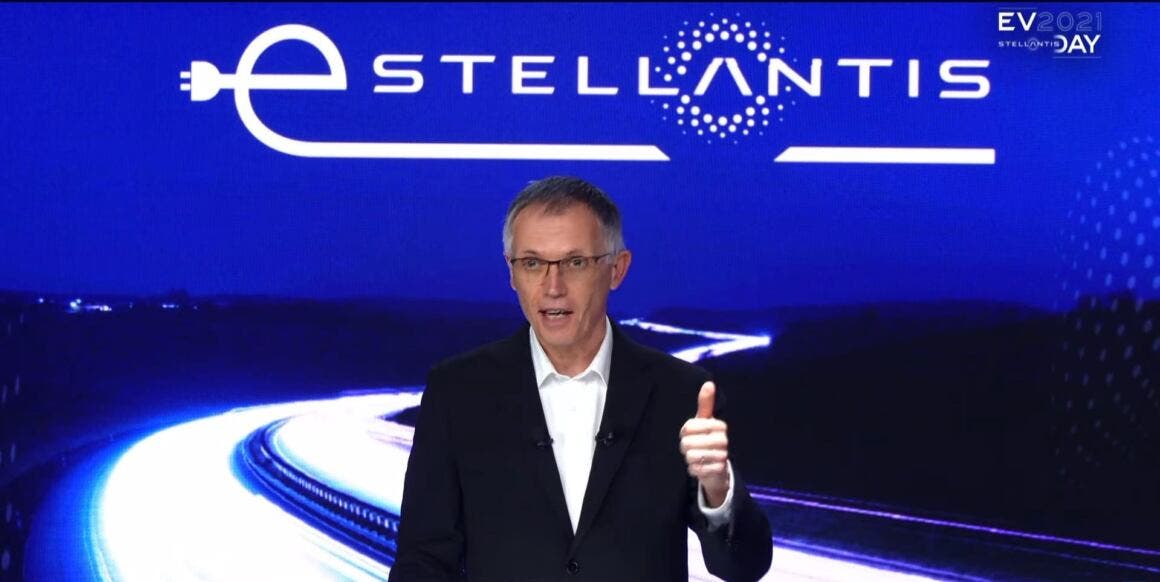Carlos Tavares, former CEO of Stellantis, has issued a warning that sounds like a prophecy: if things go wrong, the group born from the merger between FCA and PSA “could become Chinese.” He stated this in an interview with French weekly Le Point, the first granted after his farewell to the automotive giant. Today, at 67, Tavares lives in Portugal, away from the spotlight, dedicating himself to racing as an amateur driver, restoring vintage cars and his farm where he produces Port wine and olive oil.
Ex-Stellantis chief Tavares predicts company could fall to Chinese buyers

His divorce from Stellantis, which occurred in December 2024, was anything but peaceful. After years at the helm of the group, the former executive left following strong internal tensions, fueled by the profit warning, Jeep’s disappointing results in the United States and difficult relations with unions and politics.
During his management, Stellantis had decisively focused on electrification, while Tavares showed himself increasingly critical of anti-China tariffs. “They are a patch on a wooden leg. Chinese manufacturers will produce in Europe with European costs, and at that point it will be European industry that becomes Chinese. If Stellantis should fail, they could even buy it back.”
In the October 16, 2025 interview, Tavares recalled how Stellantis was born from the merger between PSA Group and Fiat Chrysler Automobiles, creating a global giant with over 300,000 employees and more than 14 brands. He then addressed the broader theme of European competitiveness, arguing that pushing electric is not enough: infrastructure, solid supply chains, logistics and specialized labor are needed. Europe, he said, risks “falling behind” compared to the United States and China, where production costs are much lower and industrial innovation more aggressive.

The former CEO also reconstructed the reasons for his break with John Elkann, explaining that the disagreement arose over the timing of the electric transition. Elkann preferred to slow down to align with competitors, while Tavares pushed to accelerate. “I received the phone call where there was talk of loss of confidence. From there, everything was clear.”
With a tone of melancholy, the Portuguese manager expressed regret for an industrially strong Europe, accusing Brussels of having weakened its production system with excessive regulations. “The European Union must choose its battles: strategic industries and fiscal, energy and regulatory policies competitive on a global scale are needed,” he warned. Without a change of course, Tavares concludes, “France and Europe risk becoming spectators of others’ strategies, American or Chinese, definitively losing industrial leadership.”
